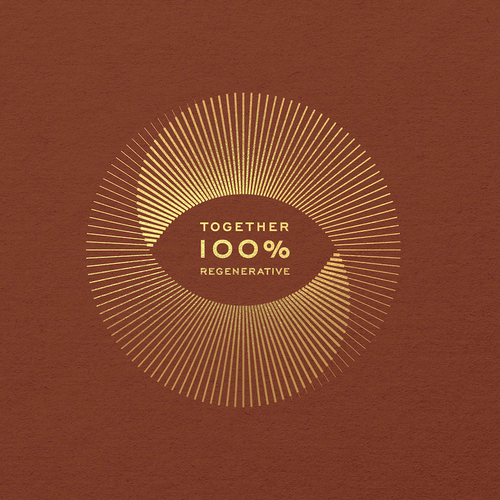
What gets Yotam Ottolenghi out on a Monday night?
A peek behind the scenes: a room full of love for the world's most ethical and delicious chocolate.
In this guest blog post written by Sue Quinn and reposted by Original Beans, we delve into the mind of Yotam Ottolenghi to discover what gets him out of bed in the morning and keeps him passionate about cooking. From his love of spices and travel to his commitment to sustainability and ethical sourcing, this post offers a fascinating glimpse into the inner world of one of the world's most beloved chefs.
I get invited to lots of lovely events – new restaurant openings, product launches and even jaunts abroad to eat my bodyweight in cheese. Exactly how PRs decide who to invite to these things is a bit of a mystery. Generally, it’s a melange of food journalists and editors, high-octane food socialites with vast social media followings, and the occasional celeb. (You know that they’re struggling to make up the numbers when an invite arrives for an event just a few days away. I receive a few of these 🤣).
Of course, I’m privileged to be invited to any of these gatherings, and it would be absurd and obnoxious of me to moan about being plied with food and drink in the name of ‘work’. But PR events can be shallow, transactional affairs. Superficial conversation flows with the booze, and the unspoken contract is clear: they’re giving you freebies in exchange for publicity.
But a dinner I attended on Monday night was altogether different. Hosted and organised by Countertalk at London’s Toklas restaurant, it celebrated an extraordinary chocolate company called Original Beans. Disclosure: they were good enough to send me some chocolate to work with when I was recipe testing for my chocolate book a few years back. But the absolute truth is their chocolate ranks among the most delicious I’ve eaten, and they’re the most ethical maker on the planet.
The event was on a Monday, widely regarded by those who attend these things as a sacrosanct day off from carousing. Nonetheless, it was hugely well attended. Many well-known faces from the restaurant and food writing world were there, among them Yotam Ottolenghi. The respect and admiration in the room for Original Beans was intense, and for good reason.
What´s happening
More Stories









